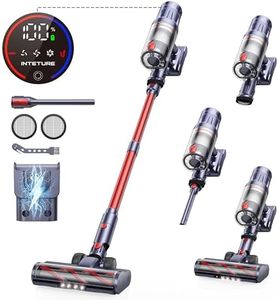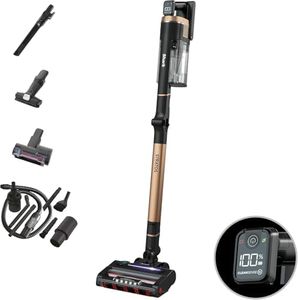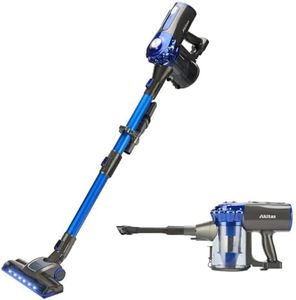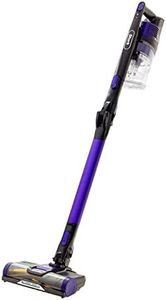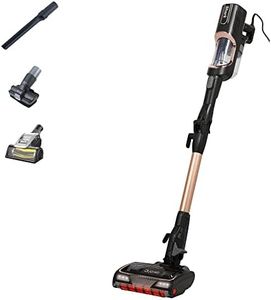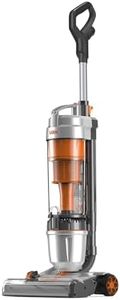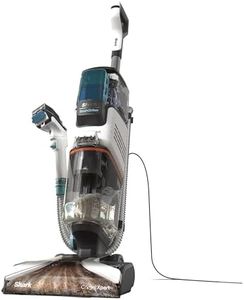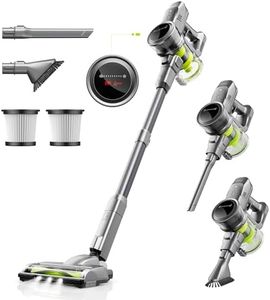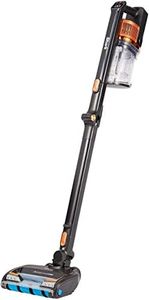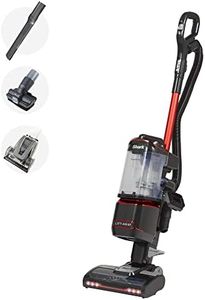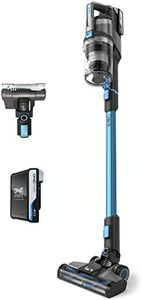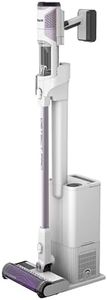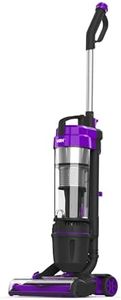We Use CookiesWe use cookies to enhance the security, performance,
functionality and for analytical and promotional activities. By continuing to browse this site you
are agreeing to our privacy policy
10 Best Shark Hoover
From leading brands and best sellers available on the web.Buying Guide for the Best Shark Hoover
Choosing the right vacuum cleaner can make a significant difference in maintaining a clean and healthy home. When selecting a vacuum cleaner, it's important to consider various factors that will affect its performance and suitability for your specific needs. Here are some key specifications to look at and understand when picking the best vacuum cleaner for you.Suction PowerSuction power refers to the vacuum's ability to draw in dirt and debris. This is crucial because stronger suction ensures more effective cleaning, especially on carpets and rugs. Suction power is often measured in air watts (AW) or pascals (Pa). For homes with thick carpets or pets, higher suction power is beneficial. For hard floors or light cleaning, moderate suction power may suffice.
Filtration SystemThe filtration system in a vacuum cleaner determines how well it can trap dust, allergens, and other particles. High-efficiency particulate air (HEPA) filters are highly effective and can capture 99.97% of particles as small as 0.3 microns. If you have allergies or asthma, a vacuum with a HEPA filter is recommended. For general use, standard filters may be adequate.
Weight and ManeuverabilityWeight and maneuverability are important for ease of use, especially if you need to carry the vacuum up and down stairs or move it around furniture. Lightweight models are easier to handle but may have less powerful motors. Heavier models often offer more features and stronger suction but can be cumbersome. Consider your physical strength and the layout of your home when choosing.
Dustbin CapacityDustbin capacity indicates how much dirt and debris the vacuum can hold before needing to be emptied. Larger capacities mean less frequent emptying, which is convenient for larger homes or heavy cleaning tasks. Smaller capacities are suitable for quick clean-ups or smaller living spaces. Choose a capacity that matches your cleaning frequency and home size.
Noise LevelNoise level is measured in decibels (dB) and affects how loud the vacuum cleaner is during operation. Quieter models are preferable if you have young children, pets, or if you prefer a less disruptive cleaning experience. Higher noise levels might be acceptable if you prioritize suction power and performance over quiet operation.
Attachments and AccessoriesAttachments and accessories enhance the versatility of a vacuum cleaner. Common attachments include crevice tools, upholstery brushes, and pet hair tools. These can help clean specific areas like tight corners, furniture, and pet beds more effectively. Consider what areas you need to clean and choose a vacuum with the appropriate attachments.
Corded vs. CordlessCorded vacuums offer continuous power and are generally more powerful, making them suitable for larger homes and thorough cleaning. Cordless vacuums provide greater mobility and ease of use, ideal for quick clean-ups and smaller spaces. Consider your cleaning habits and the size of your home when deciding between corded and cordless options.
